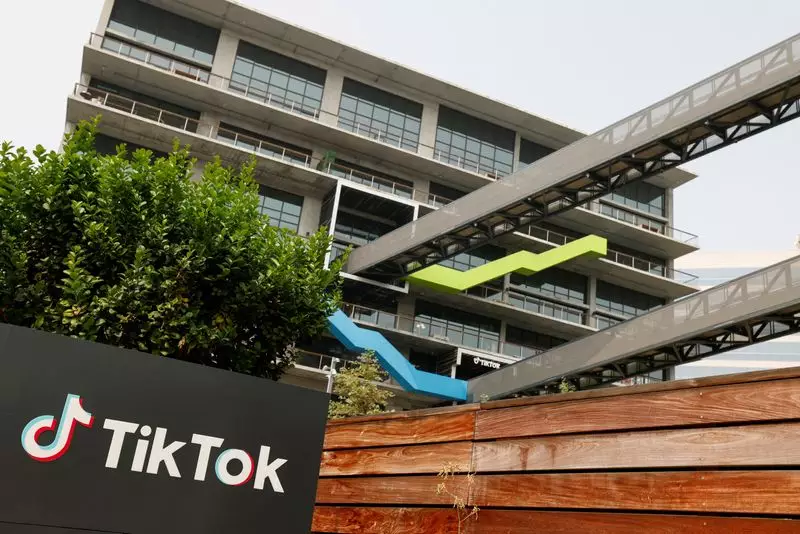In a surprising twist during a recent rally in Phoenix, Arizona, President-elect Donald Trump expressed a favorable view of TikTok, a social media platform he had previously been associated with national security concerns. His remarks, delivered to a conservative audience, indicated a willingness to allow TikTok to continue operations in the United States for the foreseeable future. This marks a significant shift in tone from previous governmental stances, as Trump highlighted the app’s success in generating billions of views during his presidential campaign, suggesting that it had become an essential tool for reaching voters.
Despite Trump’s seemingly positive outlook towards TikTok, the app’s future hangs in the balance due to ongoing legal and regulatory challenges. In April, the U.S. Senate passed a law mandating the divestiture of TikTok’s Chinese parent company, ByteDance, citing serious national security concerns. These concerns have mainly focused on the dangers of foreign ownership and potential data privacy issues faced by American users. As the case progresses to the Supreme Court, President Trump’s administration will inevitably need to navigate these turbulent waters, especially if ByteDance loses its appeal and the divestment is enforced before his inauguration on January 20.
In his statements, Trump revealed a “warm spot” for TikTok, attributing part of his campaign’s success to the platform’s extensive reach. He emphasized the value of social media in contemporary political campaigns, making a compelling case for keeping the app operational given its significant impact on his electoral outreach. In a meeting with TikTok’s CEO, Trump stressed the importance of the app’s engagement metrics and how they could facilitate effective communication between political figures and the electorate. This interaction adds a layer of complexity to the national security narrative surrounding TikTok, suggesting that the political ramifications of banning the app may outweigh its perceived threats.
The U.S. Justice Department, however, continues to advocate for stringent measures against TikTok, framing its Chinese ties as a persistent risk to national security. This position is widely echoed among U.S. lawmakers across the political spectrum, reinforcing the apprehension surrounding foreign technology firms operating within the country. TikTok, in response, has argued that it has taken significant steps to ensure user data is stored securely in the United States, employing Oracle as a cloud service provider. By doing so, TikTok aims to bolster its case that it can operate independently of Chinese influence, a narrative that it hopes will resonate with both policymakers and the public.
As the debate intensifies, the question remains whether Trump’s endorsement will influence policy to keep TikTok afloat or if legal challenges will prevail. The complexities of this situation call for a deeper examination of national security risks versus the benefits of open communication platforms. Given the immense impact of social media on modern politics, the resolution of TikTok’s fate could significantly shape the future of digital engagement in America. The unfolding dynamics will be closely watched as both political and legal evaluations maneuver for influence on the digital landscape.

